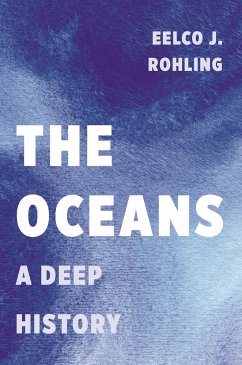
Learning from the Impacts of Superstorm Sandy

PAYBACK Punkte
26 °P sammeln!
Learning from the Impacts of Superstorm Sandy summarizes first results from studies of Superstorm Sandy, including: tide gauge measurements of storm surge, stable isotope variation in precipitation, analysis of the effect of beach nourishment among other factors on structural damage, and comparison with past storms through sediment analysis. This book gives a multi-dimensional treatment of scientific results of studies of Superstorm Sandy, and it is a valuable reference for oceanographers, coastal geologists, climatologists, dynamic meteorologists, paleotempostologists, sedimentary geologists,...
Learning from the Impacts of Superstorm Sandy summarizes first results from studies of Superstorm Sandy, including: tide gauge measurements of storm surge, stable isotope variation in precipitation, analysis of the effect of beach nourishment among other factors on structural damage, and comparison with past storms through sediment analysis. This book gives a multi-dimensional treatment of scientific results of studies of Superstorm Sandy, and it is a valuable reference for oceanographers, coastal geologists, climatologists, dynamic meteorologists, paleotempostologists, sedimentary geologists, geomorphologists and emergency managers who need to better understand the storm and its effects in order to be prepared for similar events in the future.




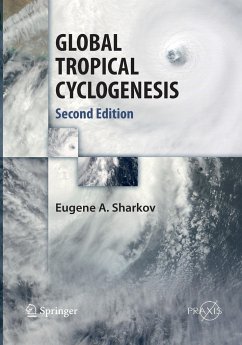
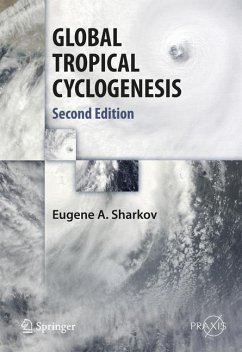
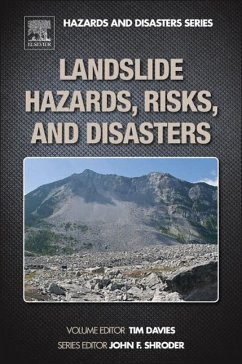
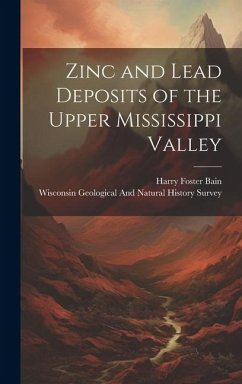
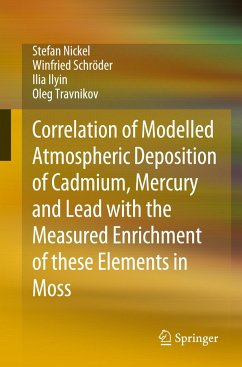
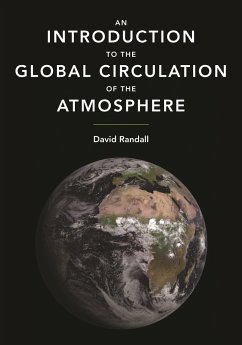
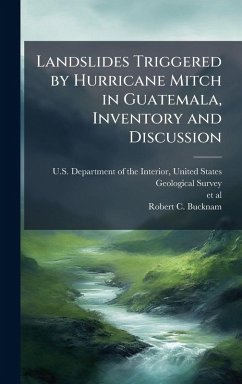

![Structure Soils, Solifluction, and Frost Climates of the Earth [microform] Cover Structure Soils, Solifluction, and Frost Climates of the Earth [microform]](https://bilder.buecher.de/produkte/74/74519/74519630n.jpg)
